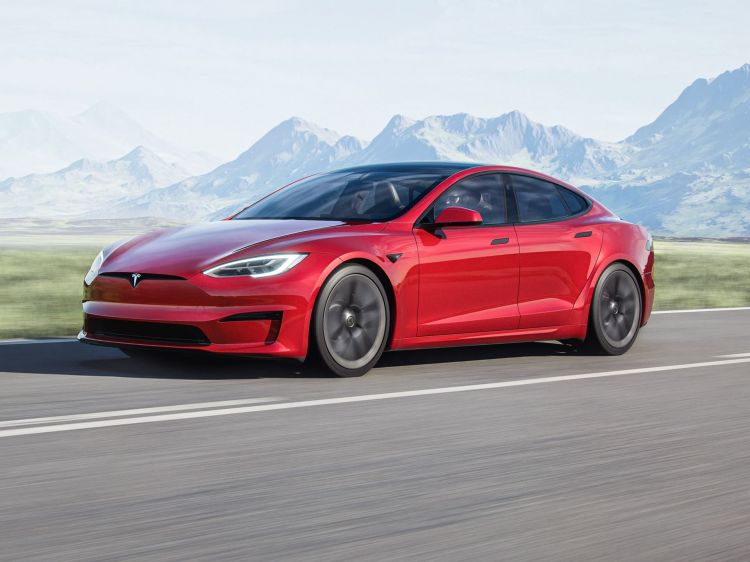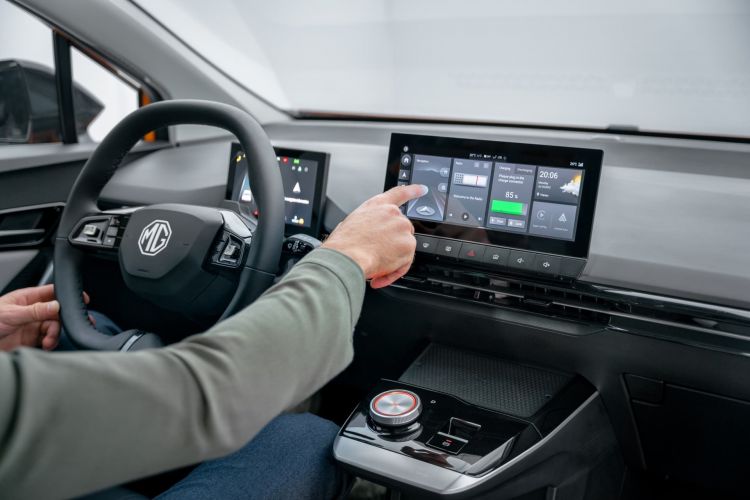Electric cars are more expensive because we are not only buying a body, equipment and all the technology that surrounds it. Mostly we are buying a huge heavy battery with four wheels at the ends. Batteries account for a large part of the cost of an electric vehicle and, therefore, they are the reason why, and generally speaking, an electric car is usually more expensive than its gasoline and diesel alternatives.
The cost of batteries has dropped significantly in recent years. Something reasonable, on the other hand, if we take into account that over the last decade energy storage technology has improved and, above all, the volume of cells and battery packs produced has increased significantly, to meet demand growing number of electric cars and plug-in hybrids.
However, How has the price of batteries evolved in the last year? Is this one more problem for the electric car?
Batteries account for a large part of the cost required to manufacture an electric car and therefore of the price that the customer pays when buying it.
The most expensive thing in an electric car, the battery
Bloomberg has prepared a study for analyze the evolution of battery prices. The study stops short of detailing how much electric car drivers are paying for their batteries. But it is very valuable for quantifying the cost of the batteries, in the exchange between suppliers and car manufacturers, obtaining the price of the cell per kWh and the price of the complete battery pack per kWh and breaking it down by type of vehicle.
Bloomberg reportedly obtained the data from more than 200 different sources, including suppliers and receivers of the batteries. And while it is true that these data offer an average and a global image, worldwide, they are very interesting for analyzing the situation of the electric vehicle market.
A first data. The cheapest battery packs are those assembled in China, with a cost of 127 dollars per kWh, 24% less than those assembled in the United States and 33% less than those assembled in Europe. An interesting fact that already gives us clues about the wave of electric cars made in China that are arriving in Europe with very competitive prices and how European manufacturers are no longer only receiving batteries assembled in China, but are even betting on producing in the Asian Giant (Automotive News).
The cost of batteries has risen 7% this year, with China-assembled packs being the cheapest and plug-in hybrid-equipped packs by far the most expensive.
The cost of batteries increases by 7% this year
The Bloomberg study also determines that in the last year the price of batteries has increased by 7%. The average price of the battery pack for passenger cars in 2022 stood at 138 dollars per kWh. For an 80 kWh battery that would mean a total cost of the battery pack of 11,040 dollars, 10,489 euros at the current exchange rate at the time of writing this article.
draw attention how expensive it is to transform a car with an internal combustion engine into a plug-in hybrid, equipping it with electric motors and lithium batteries to enjoy an electric autonomy that is generally around 50 kilometers, although it is true that there are more and more cars that approach autonomy of 100 kilometers or even exceed them. The price of the battery pack would be above $350 per kWh. A 12 kWh battery would cost more than €4,000 in a plug-in hybrid.
Although the price of raw materials required to produce battery cells has fallen in recent years, The fact that the price of nickel, cobalt and lithium has increased in 2022 compared to previous years has caused this price increase of 7%. However, it is expected that in the coming years the prices per kWh of cells and battery packs will continue to fall. And not only that, that the batteries that equip our electric cars are getting better and better, in terms of energy density (and therefore price and autonomy), reliability and fast charging capacity.





